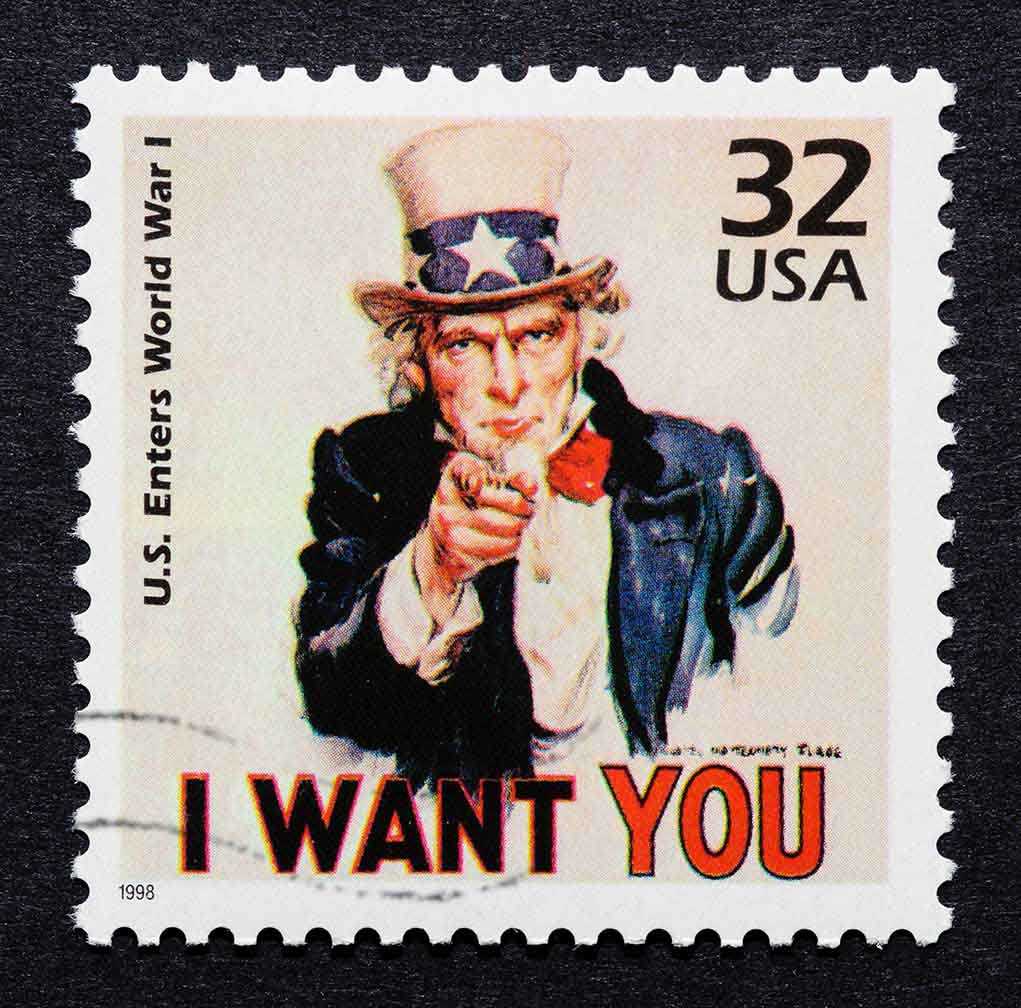
America’s last World War II Navy fighter ace has died at 103, marking another sad blow to our nation’s rapidly vanishing connection to the Greatest Generation’s heroic legacy.
Story Highlights
- Only 66,000 WWII veterans remain alive today—less than 0.5% of the 16.4 million who served
- The last American WWII veterans are projected to pass away in the early 2040s
- 37% of younger Americans know little or nothing about World War II
- Museums and historians face urgent pressure to preserve veterans’ stories before living memory disappears
The Final Chapter of American Heroes
The passing of America’s last Navy fighter ace represents more than the loss of a single hero—it symbolizes the closing of an irreplaceable chapter in American history. Only 66,000 World War II veterans remain alive today from the 16.4 million Americans who served between 1941 and 1945. This represents less than half a percent of those who answered their nation’s call during humanity’s darkest hour, when American courage and sacrifice literally saved the world from tyranny.
The demographic reality facing America is staggering. In 2015, approximately 930,000 WWII veterans were still living. By 2023, that number had plummeted to 119,000. The acceleration continues as these heroes, now all approaching or exceeding 100 years old, pass away at an increasing rate. The Department of Veterans Affairs projects that the last American World War II veteran will die sometime in the early 2040s.
A Generation’s Wisdom Slipping Away
The loss extends far beyond numbers—America is losing the living voices of men and women who witnessed history’s most pivotal moments firsthand. These veterans experienced the attack on Pearl Harbor, stormed the beaches of Normandy, fought in the Pacific theater, and liberated concentration camps. Their personal accounts provide irreplaceable context that no textbook can match, offering insights into courage, sacrifice, and the American spirit that younger generations desperately need to understand.
Michael Bell of the Jenny Craig Institute for the Study of War and Democracy warns that “members of the generation that fought the war and prevailed will soon no longer be able to tell their own story.” This creates an enormous responsibility for institutions and families to preserve these memories before they vanish forever. The National WWII Museum has intensified efforts to document veterans’ experiences, recognizing the urgency of capturing firsthand accounts while time remains.
Historical Amnesia Threatens American Identity
The approaching end of living World War II memory coincides with alarming trends in historical knowledge among younger Americans. Surveys reveal that 37% of Americans know little or nothing about World War II—a conflict that defined America’s role as a global superpower and defender of freedom. This knowledge gap threatens to undermine understanding of why American values like individual liberty, constitutional rights, and opposition to tyranny remain essential in today’s world.
Farewell, Fearless Hero: America's Last WW2 Navy Fighter Ace Passes at 103 ..
When I was young, World War 2 was still very fresh in the national memory. My Dad was a World War 2 veteran, as were all three of my uncles. Most of my friends' fathers were either World War 2 or… pic.twitter.com/uNpCF5zPOS
— Papa Hemingway✝️✡️ 🇮🇹 🇺🇸 🇮🇳 (@PopHemingway) August 25, 2025
Stephen Watson of the National WWII Museum emphasizes the stakes: “We have the enormous responsibility to ensure that the memories and experiences of the war will not be lost as those who lived through it leave this world.” Without these preserved stories, future Americans may struggle to comprehend the sacrifices that secured their freedoms and the vigilance required to maintain them against modern threats to constitutional principles.
Sources:
Latest VA Projection Reveals Rate of WWII’s Fade from Living Memory – National WWII Museum
Mapped: Where WWII Veterans Live – Axios Phoenix
World War II Veterans Map – Axios
When Will the US Lose Its Last WWII Veterans – Voronoi
WWII Veteran Statistics – National WWII Museum











